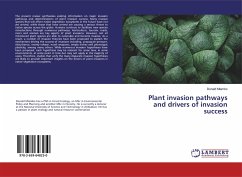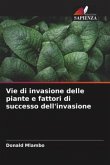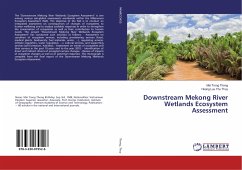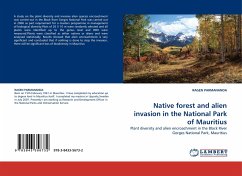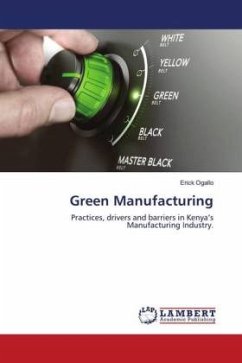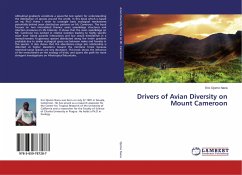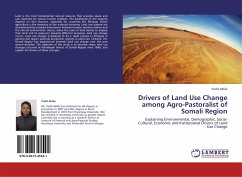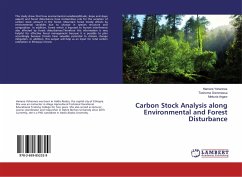The present review synthesizes existing information on major invasion pathways and determinations of plant invasion success. Many invasive species that will affect native vegetation ecosystems in the future have not yet arrived, while those that have arrived are causing a serious threat to native species across the globe. Humans continue to facilitate new species introductions through numerous pathways. Horticulture, tourism, roads, rivers and animals are key agents of plant invasions. However, not all introduced plant species are able to naturalize and become invasive. As a result, a number of invasion theories have been proposed to explain the mechanisms driving the success of invasions including, propagule pressure, disturbance, enemy release, novel weapons, empty niches and phenotypic plasticity, among many others. While numerous invasion hypotheses have been proposed, each hypothesis may be relevant for some taxa, in some environments, at some point in time but may not applyin the majority of cases. Therefore, studies that unify the many disparate invasion hypotheses are likely to provide important insights on the drivers of plant invasions in native vegetation ecosystems.
Bitte wählen Sie Ihr Anliegen aus.
Rechnungen
Retourenschein anfordern
Bestellstatus
Storno

